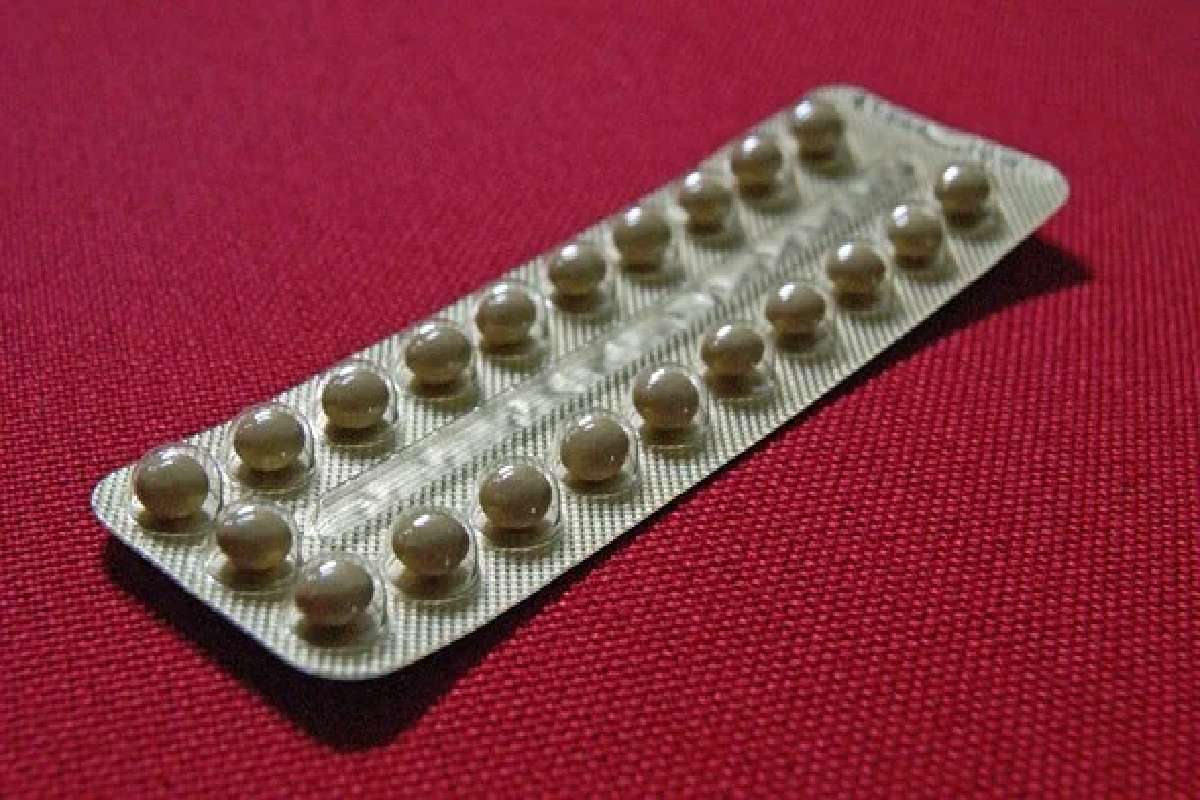Table of Contents
Benefits of Birth Control Pills –

The majority of women use birth control pills without knowing they can be used to treat various additional problems and provide other health benefits. Contraceptive pills typically contain two ovarian synthetic hormones – estradiol and progesterone. Also, they may include synthetic forms of progesterone. To shed more light on how birth control pills work, it is better to understand how the menstrual cycle works. The menstrual period process is controlled by progesterone and estrogen hormones, ovulation divides the process into two halves. The first half involves the release of estrogen, after which ovulation occurs and is followed by the release of progesterone. Therefore, birth control methods prevent pregnancy by stopping ovulation, and they also thicken the mucus lining of the cervix, which blocks sperm from swimming towards an egg.
Below are the benefits of the contraceptive pill beyond pregnancy prevention.
Regulating the period cycle
Hormonal fluctuations do happen throughout the cycle resulting in heavy bleeding or irregular periods. However, taking hormonal birth control pills will balance the hormone levels.
Contraceptive pills can be used to regulate unpredictable or irregular periods and make them occur monthly. Polycystic Ovary Syndrome (PCOS) is the most common reason for irregular periods, and since birth control pills contain progesterone, they can help by regulating the menstrual cycle.
Easing off PMS symptoms
Premenstrual syndrome (PMS) is experienced by many women and is a mixture of emotional and physical symptoms in the days leading up to the period. PMS is caused by hormonal fluctuations and is similar to other menstrual issues. Birth control pills prevent ovulation from occurring, thus easing off PMS syndromes. However, research is still ongoing as experts are trying to understand the underlying causes of PMS, while different birth control methods have various combinations of hormones and doses. So, before you find the birth control method that works for your PMS, you might have to try a few options.
Preventing anemia
Some women experience heavy bleeding during their periods, increasing their risk of anemia. People with anemia lack enough red blood cells, which makes their bodies lack enough oxygen, and it causes fatigue and weakness. Hormonal birth control pills prevent heavy bleeding or even allow women to skip their periods, thus reducing blood loss and preventing period-related anemia.
Help in clearing up acne
Acne can be triggered by hormones, which explains why acne is often at its worst during adolescence. Women produce small amounts of androgens in adrenal glands and their ovaries, and when these hormones are produced in large amounts, they make them react. As a result, they might experience hormonal acne and other hormonal-related issues such as hirsutism. Birth control pills increase the production of the substance that binds the androgen in the blood and reduces the production of androgens. Therefore, some of the most effective acne fighters are birth control pills that contain progesterone and estrogen, also known as combination pills. However, when acne does not reduce after taking birth control pills, you should see a primary care doctor for more help.
Reducing the risk of ovarian cysts
Ovarian cysts are formed in ovaries during ovulation and are small fluid-filled sacs. Though they are not life-threatening, they are sometimes painful, and women with PCOS often experience a large number of cysts in their ovaries. Birth control methods prevent ovulation by balancing hormones in the body, preventing cysts from forming or regrowing.
Final thoughts
When choosing a birth control method, ensure you tell the doctor of any side effects you have ever experienced before. Then, your doctor will determine the way that will best work for you with minimal side effects.

